Habitas, the sustainable, experience-led hospitality brand which continues to fortify its status as an industry disruptor with the recent launch of its Namibia and Bacalar properties, will open its next “home” – this time even further off the map, in the uncharted AlUla region in the Northwest of Saudi Arabia. Opening October 1st, 2021, Habitas AlUla rests within an ancient oasis in the desert canyons of the Ashar Valley, surrounded by sandstone cliffs and palm groves.
The serene resort pathways lead guests up to each of the 96 guest rooms which span three tiers: premium Celestial Rooms, Alcove Rooms and Canyon Rooms, as well as to the yoga deck, wellness and fitness centers, restaurant, and swimming pool. Each of these spaces is constructed from ethically-sourced organic materials which blend seamlessly into their natural surroundings. This minimally invasive build model, along with the property’s sustainable construction methods, are the Habitas calling cards: modular-build, low impact design that does virtually no harm to the environment, creating an organic space in which meaningful experiences of all kinds will spring to life.
Habitas AlUla is the true embodiment of the brand’s six programming pillars: music, wellness, adventure, culture, learning, and culinary, all of which are meticulously developed to immerse guests within the region’s authentic culture and natural environment. This is illustrated through programming that accommodates art and culture walks, canyon trekking, yoga, meditation and breathwork. Habitas will leverage its musical roots to create and curate sounds from the region’s unique talents, and showcase them for guests through the medium of a concert series.
AlUla’s on-site restaurant Tama, aptly named after the word “here” in Aramaic, is in line with one of Habitas’ core brand experiences, the essence of being present, and keeping people in the here and now. Tama is a gathering place using sustainable agricultural methods to bring guests along an unforgettable culinary journey. The food & beverage concept marries Saudi and Middle Eastern cuisine, sourcing local fresh ingredients and bringing the unique flavors of Saudi Arabia to life. Dishes included on Tama’s dinner menu include Middle Eastern Muhammara, Kabsa, Singari Fish Sayadiyah, Mandinah Hashee, and more.
Guests are invited to gather and expand their knowledge of this historical region with weekly outdoor cinema screenings featuring regional cultural films and documentaries in addition to open discussion lectures relating to local initiatives, culture, and history. Numerous Arts & Culture activities, like the hosted artworks of Mohammad Ahmed Ibrahim, Superflex and Nadim Karam, complement these learning experiences. This also includes a guided walk through the remains of the ancient city where the Nabateans once lived.
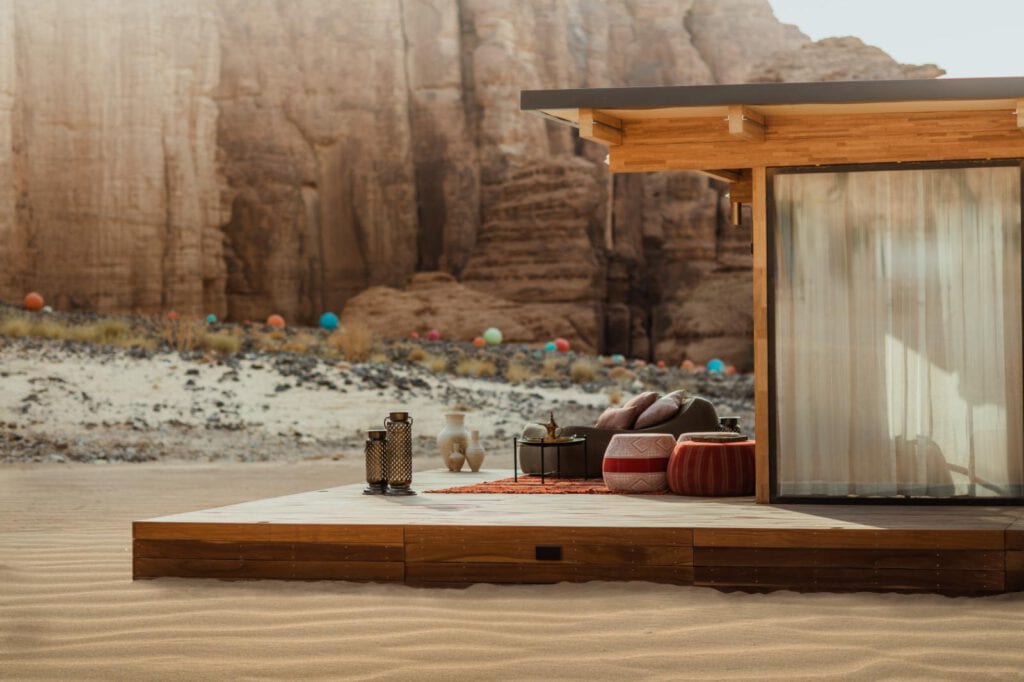
Located along the original pilgrimage route to Mecca and described as an open-air museum, AlUla spans 22,561 km2 of land, enveloped in both the immense beauty of the natural world and the dramatic splendor of human creation. The ancient site was a hub of trade and cultural exchange for millennia and abounds to this day with traces of those who passed through over the years. AlUla is home to thousands of burial places including +100 tombs, 94 of which remain elaborately carved at Hegra, a UNESCO World Heritage Site. They stand majestically among mammoth structures carved and refined by the natural elements.
About Habitas
Habitas is a global hospitality group created by a diverse community of people seeking human connection, authentic experiences and a better future together. Redefining the concept of traditional luxury in hotels, Habitas’ mission is to change people’s lives through creating deeper human connections and to make a lasting impact on local communities through education, employment and the creation of sustainable micro-economies. With Homes currently located in Mexico, Namibia and Saudi Arabia, Habitas is expanding globally across Latin America, Africa, the Middle East and Asia using its technology-driven approach and innovative vertically integrated model.

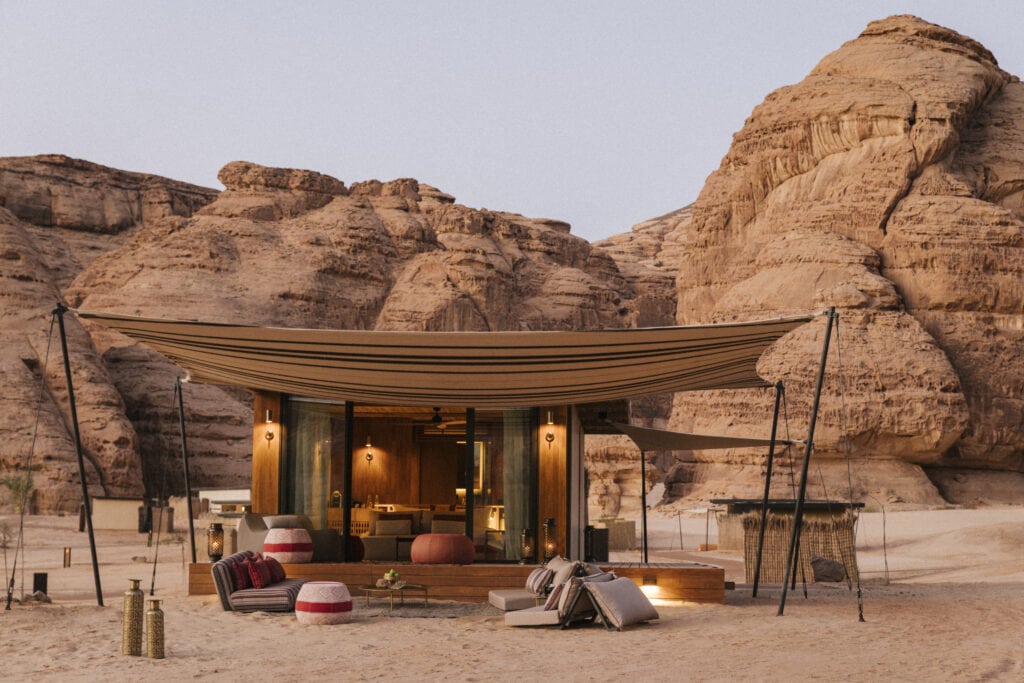
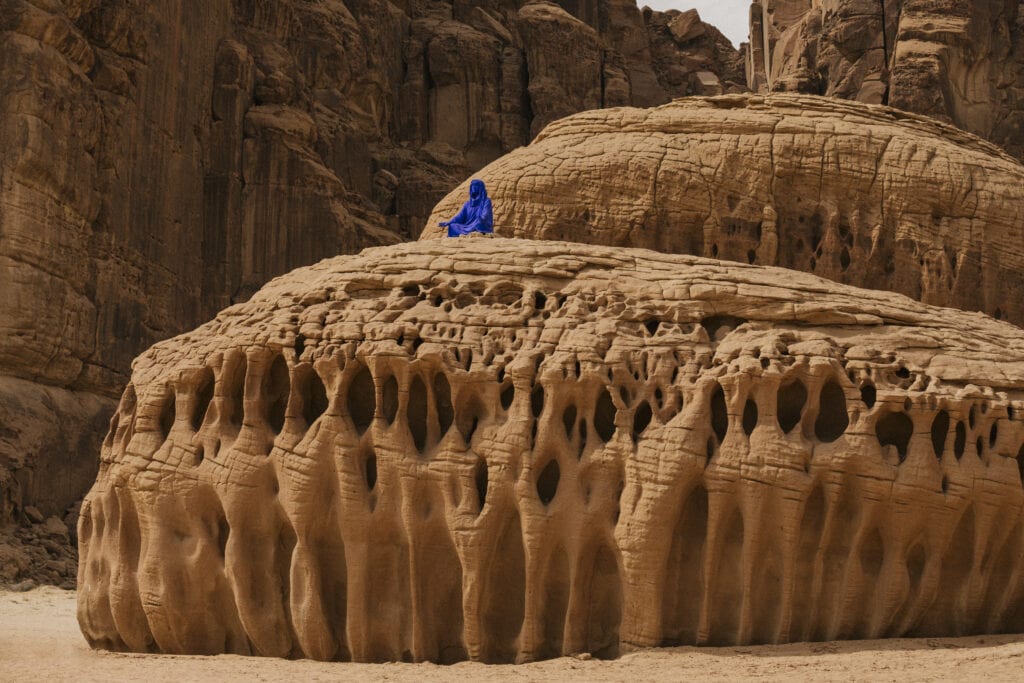
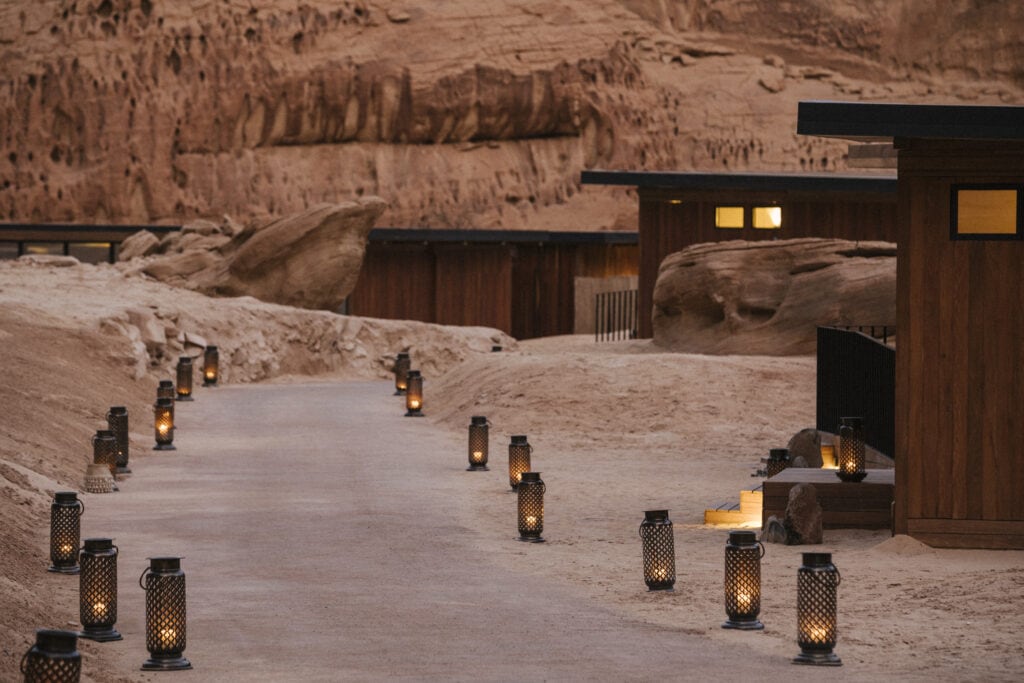
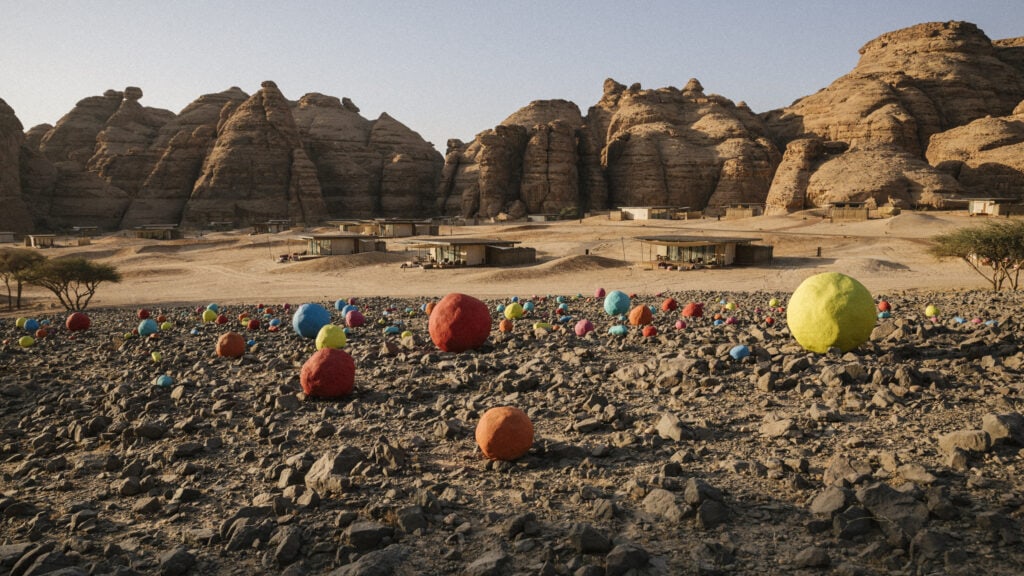
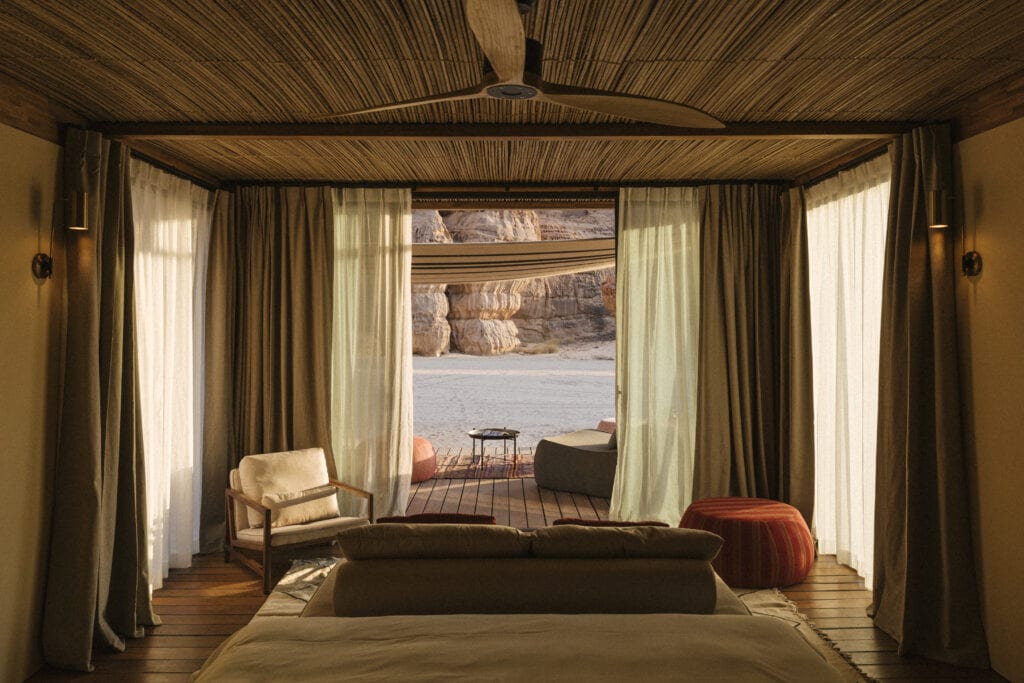
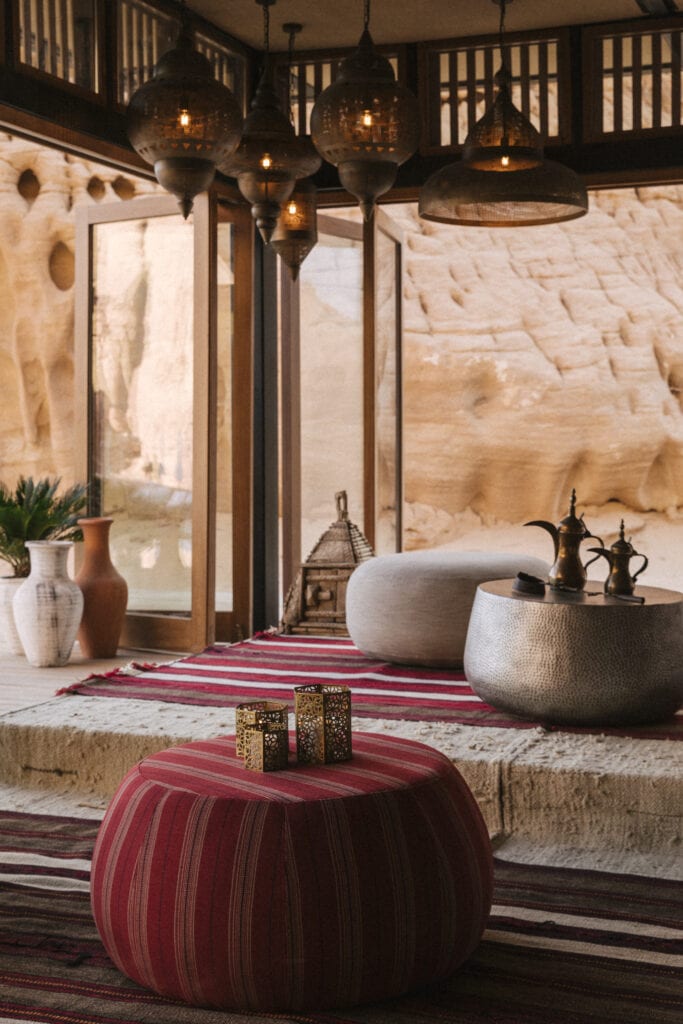
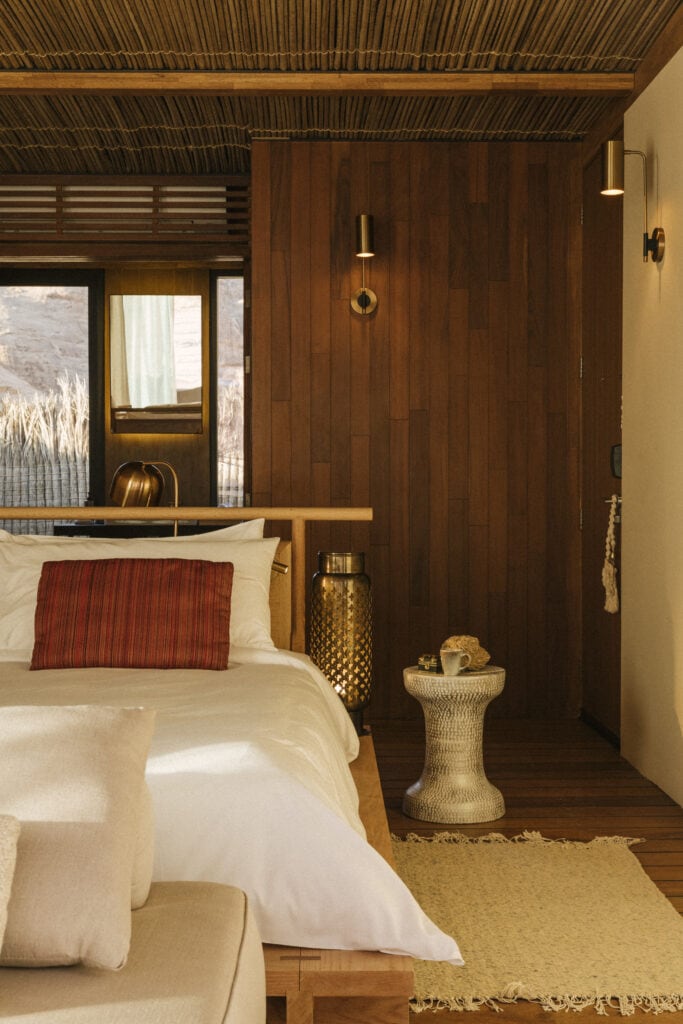
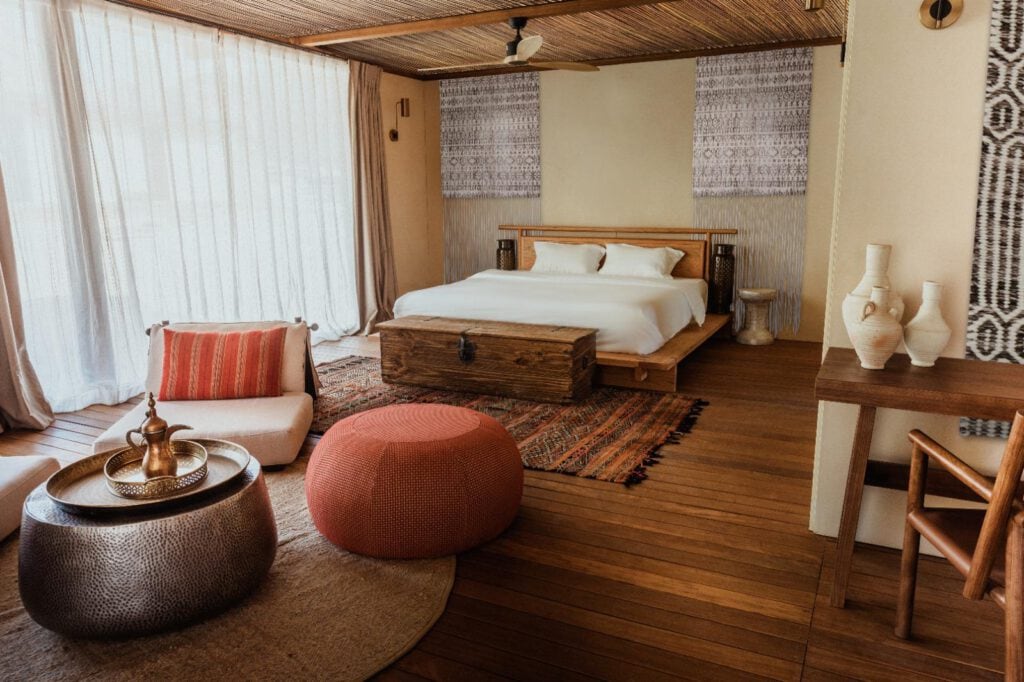
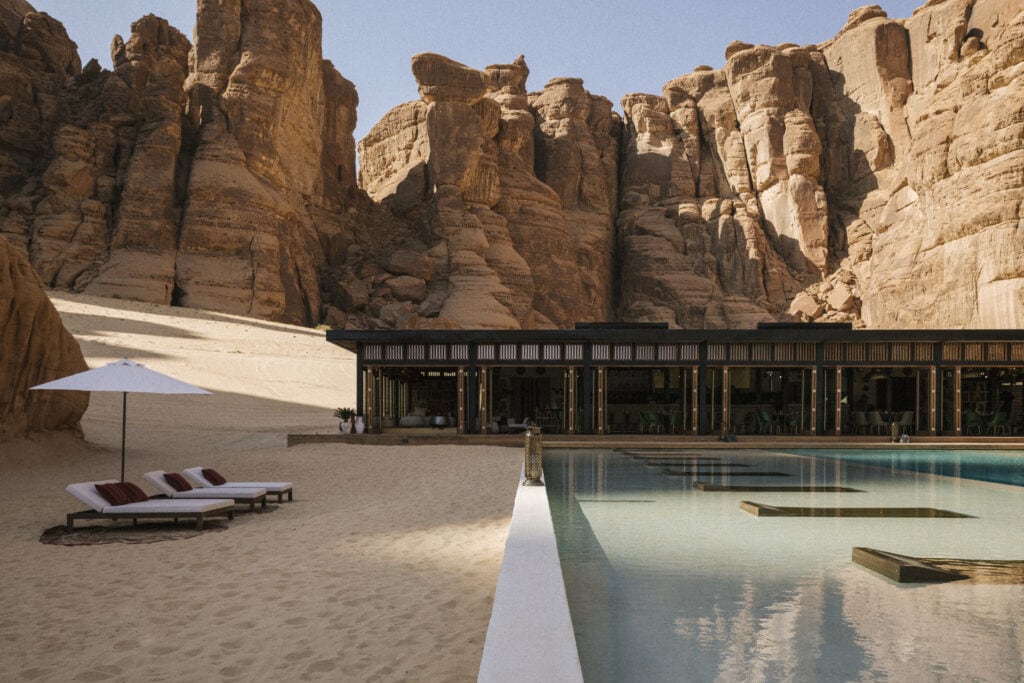
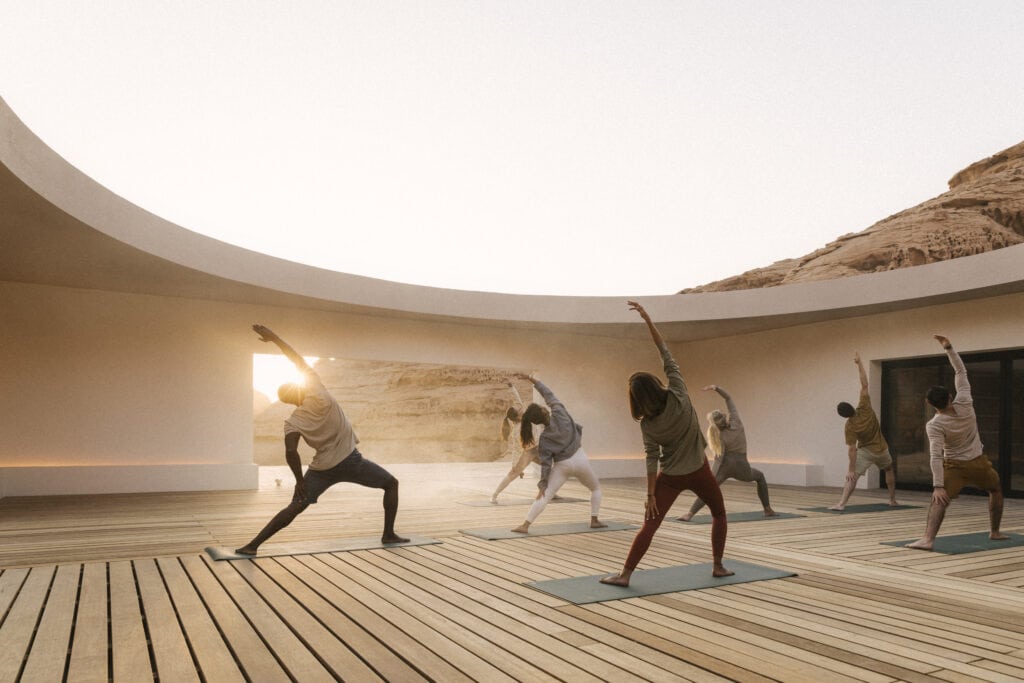
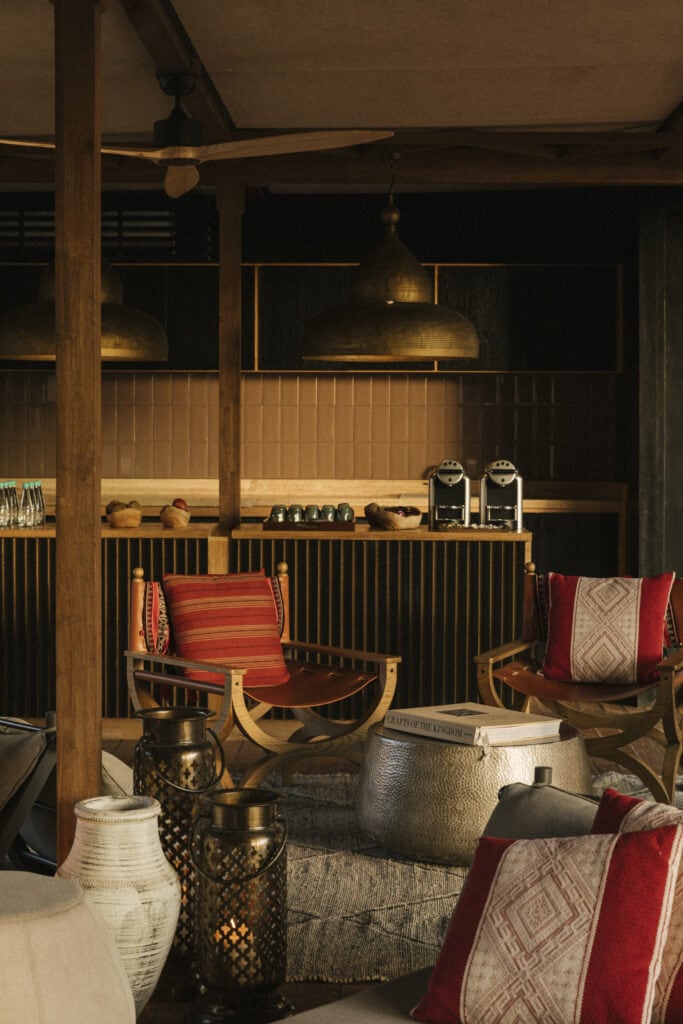
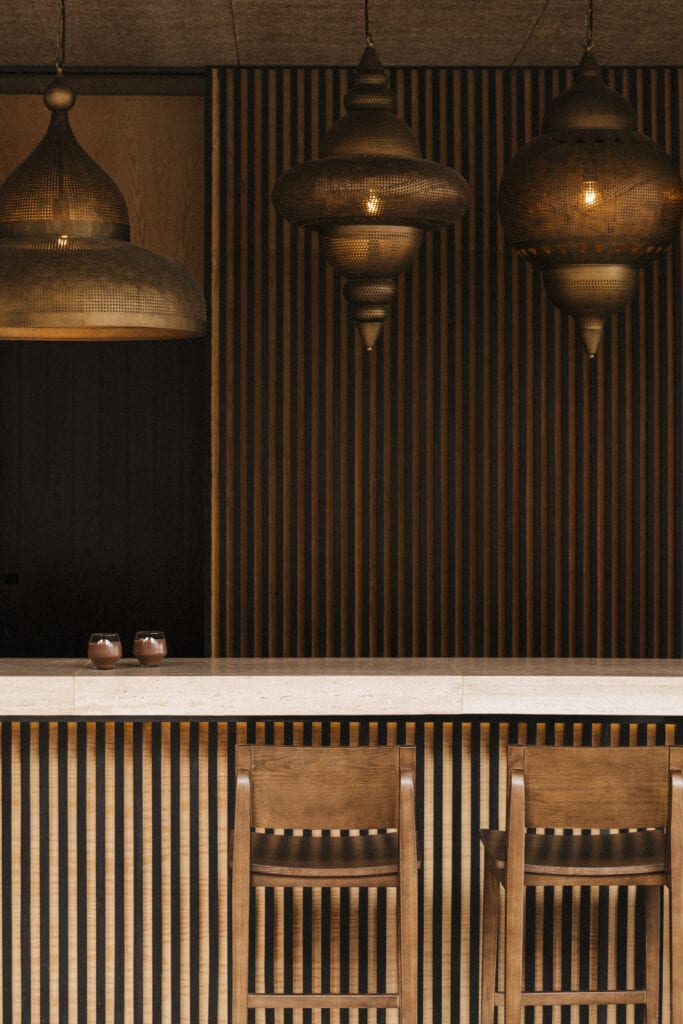
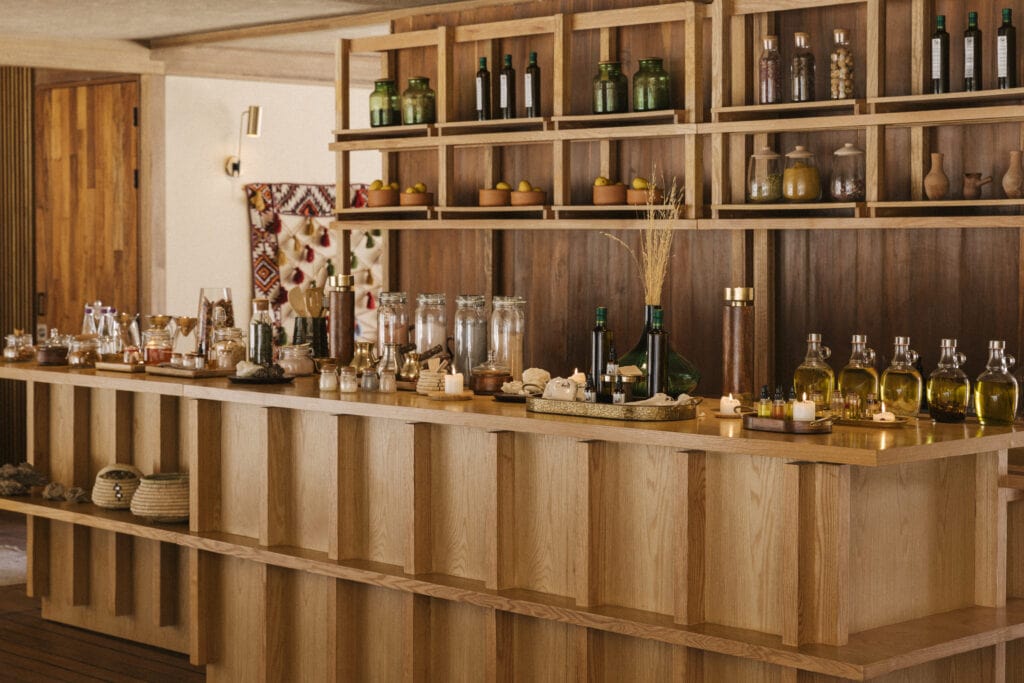
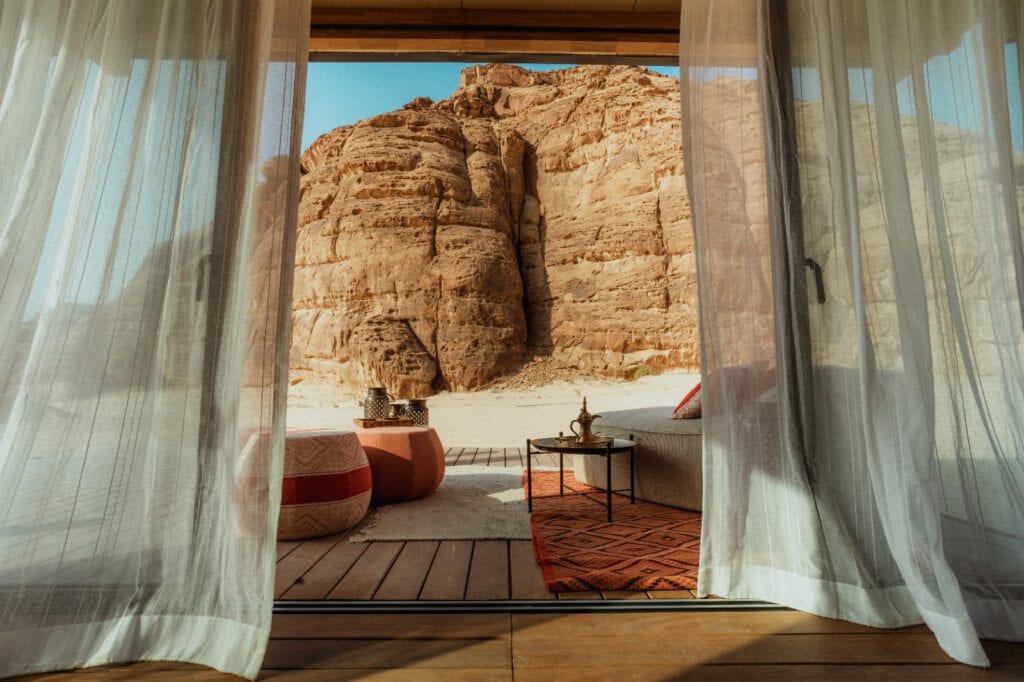
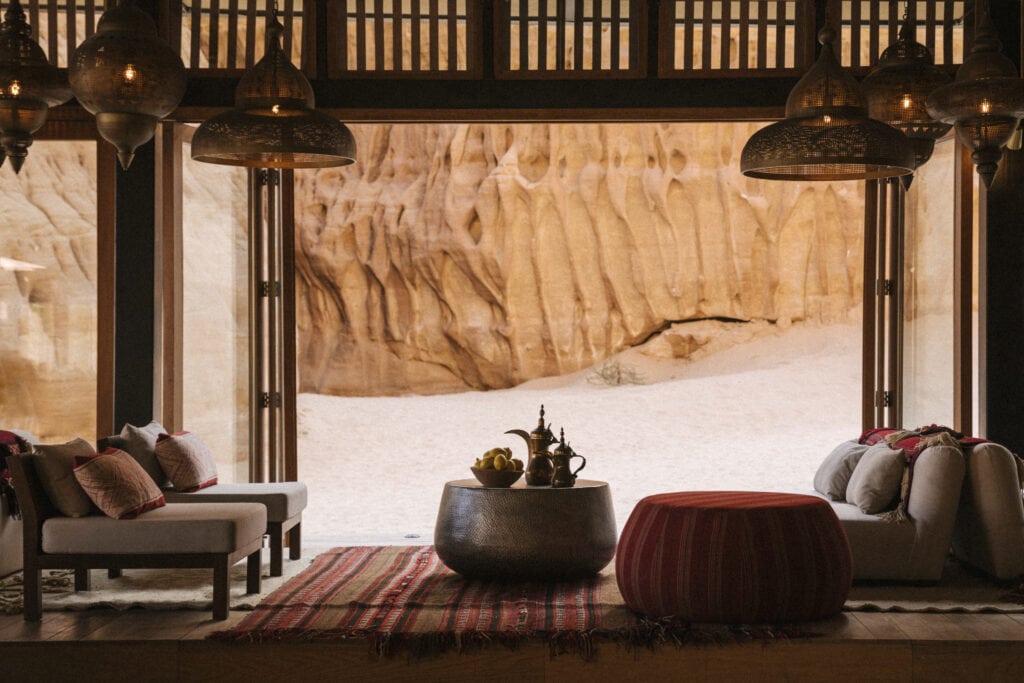
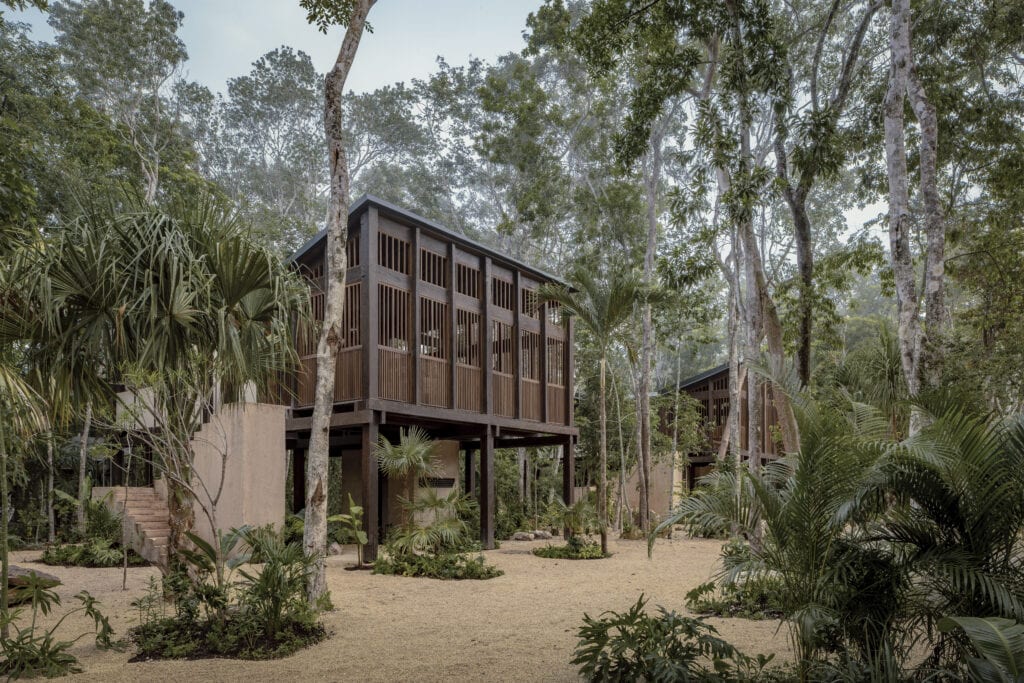
iThere are no comments
Add yours